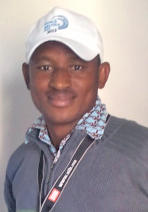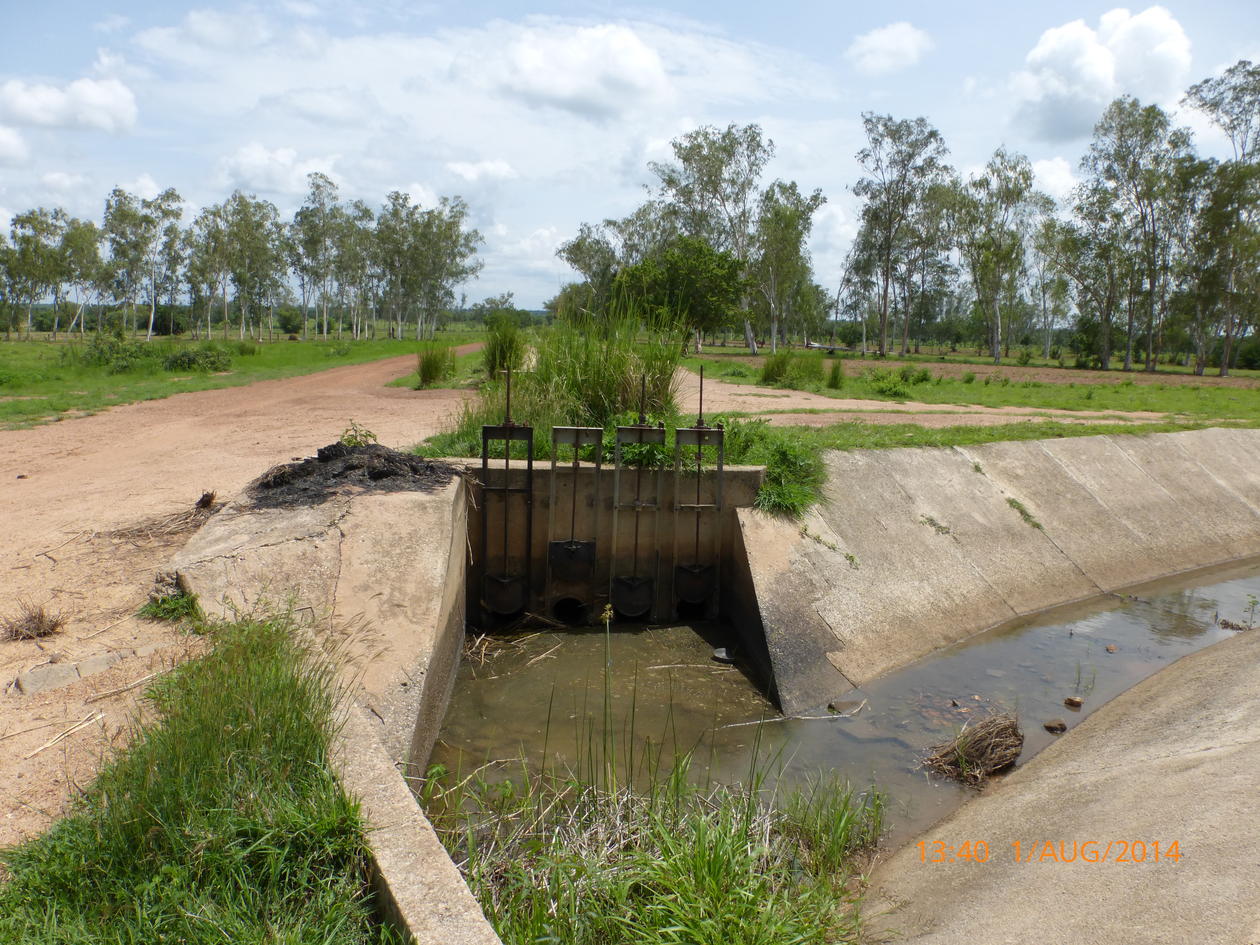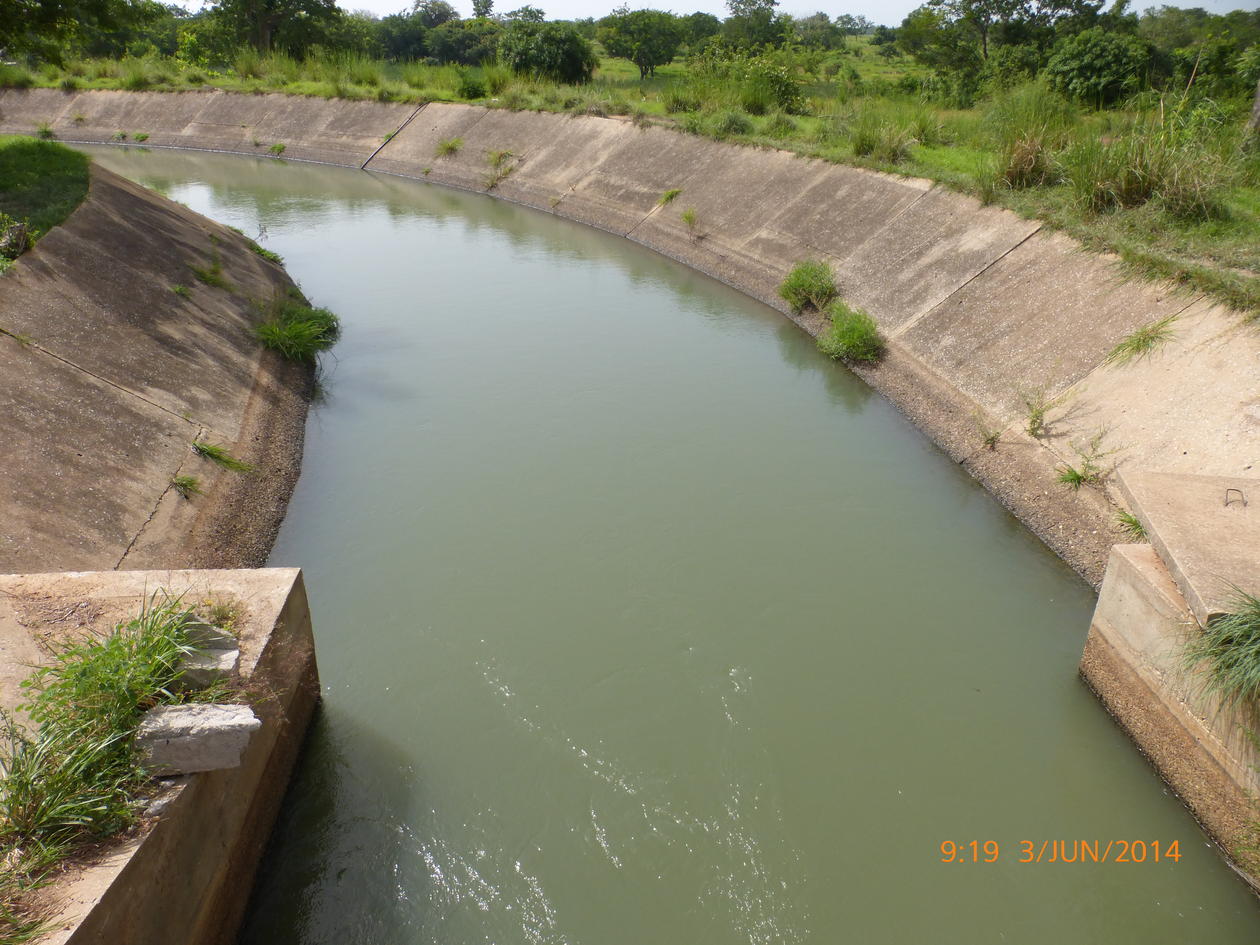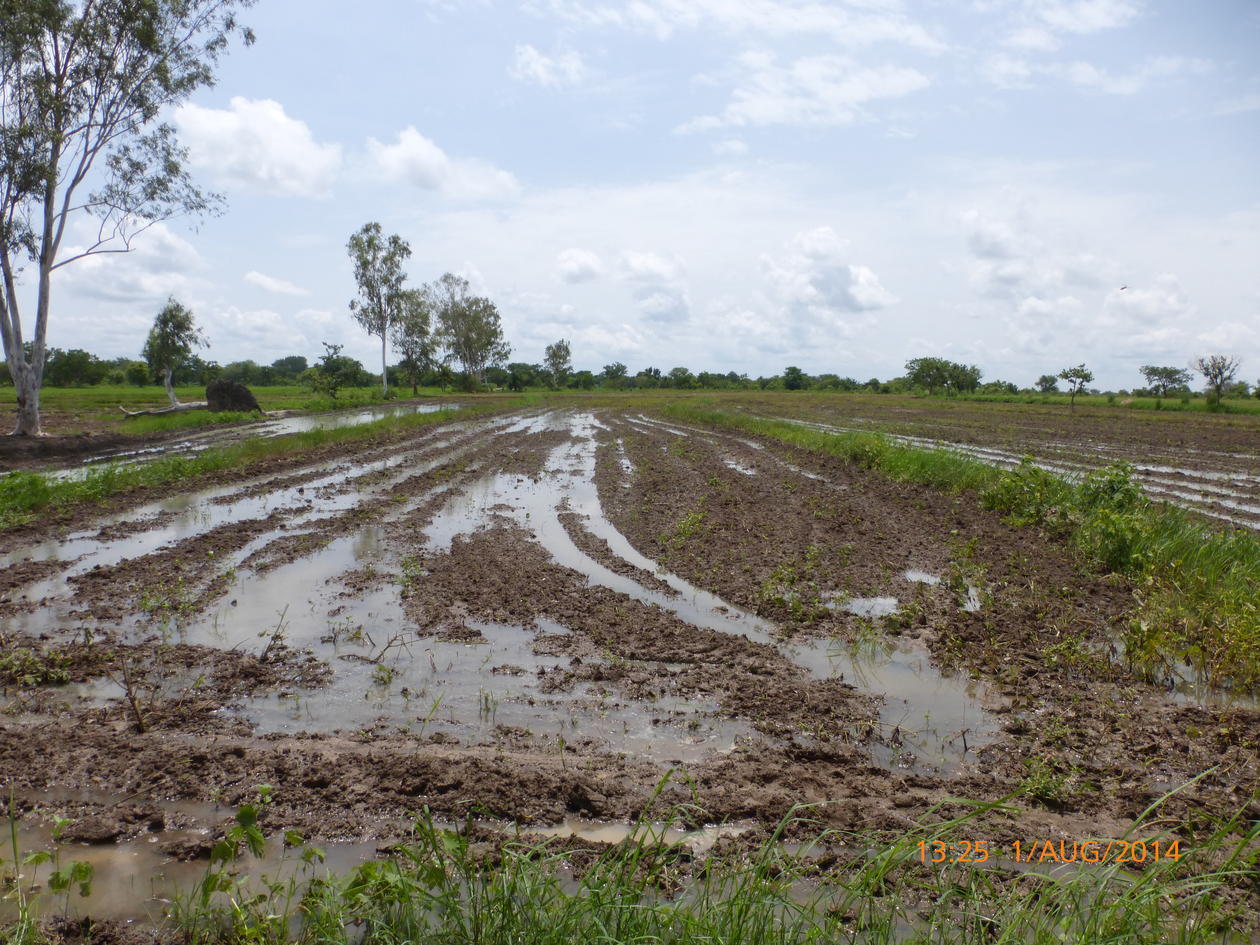Access to land and water resources
In his master project John Baptist A. Agandin studies access to land and water resources. John Baptist A. Agandin presents his master project and his experiences with field work and beiing a geograpy student in Bergen.
Hovedinnhold
Master Project
In my master project I study access to land and water resources in the Tono Irrigation scheme in Navrongo, Northern Ghana. Fundamentally, there is no land in Ghana that is not owned by one indigenous community or the other. Villages, stools, skins, families and other kinship groups, customarily own about 80% of land (Aryeetey et al., 2007). Land for public use must therefore be accessed by either negotiation or compulsory acquisition. The latter option has been widely used especially in Northern Ghana. Yet, the manner of its use coupled with economic, political and demographic pressures means that often ownership and control over land is contested. Different actors have the ability to negotiate, manoeuvre and evade formal institutions to access and control land and other resources. Using an entitlements approach, this study aims at investigating how social actors gain access to and control over natural resources in the irrigation scheme. These actors include local and contract farmers, landowners and earthpriests (tindana), chiefs/opinion leaders and local politicians, village committee leaders and the irrigation bureaucracy.
Fieldwork
Fieldwork has been a very enlightening experience where I had the opportunity to get down to the practical details of intra-communal and institutional conflicts over resource ownership and management. It revealed how amid the unequal power relations in communities, the claims of certain actors prevail over others.
Study Geography in Bergen
Studying Geography in Bergen has been a very satisfying experience. It not only developed my independent and critical thinking abilities but also made me more reflexive. I have learnt how to continuously examine my assumptions, biases, and stereotypes. Above all, it allowed me to discover myself in the writing of the master thesis – my weaknesses and my strengths. I can confidently say, I am better humanly, critically, academically, and also socially. Thanks to all the wonderful lecturers and students here!
For new and prospective students, come with an open mind and be ready to think for yourself in an environment that is dedicated to helping you unearth your academic talents. Everything you need to study Geography is here; Lecturers, natural environment, learning materials and facilities. Come prepared for a challenge and a surprise!



